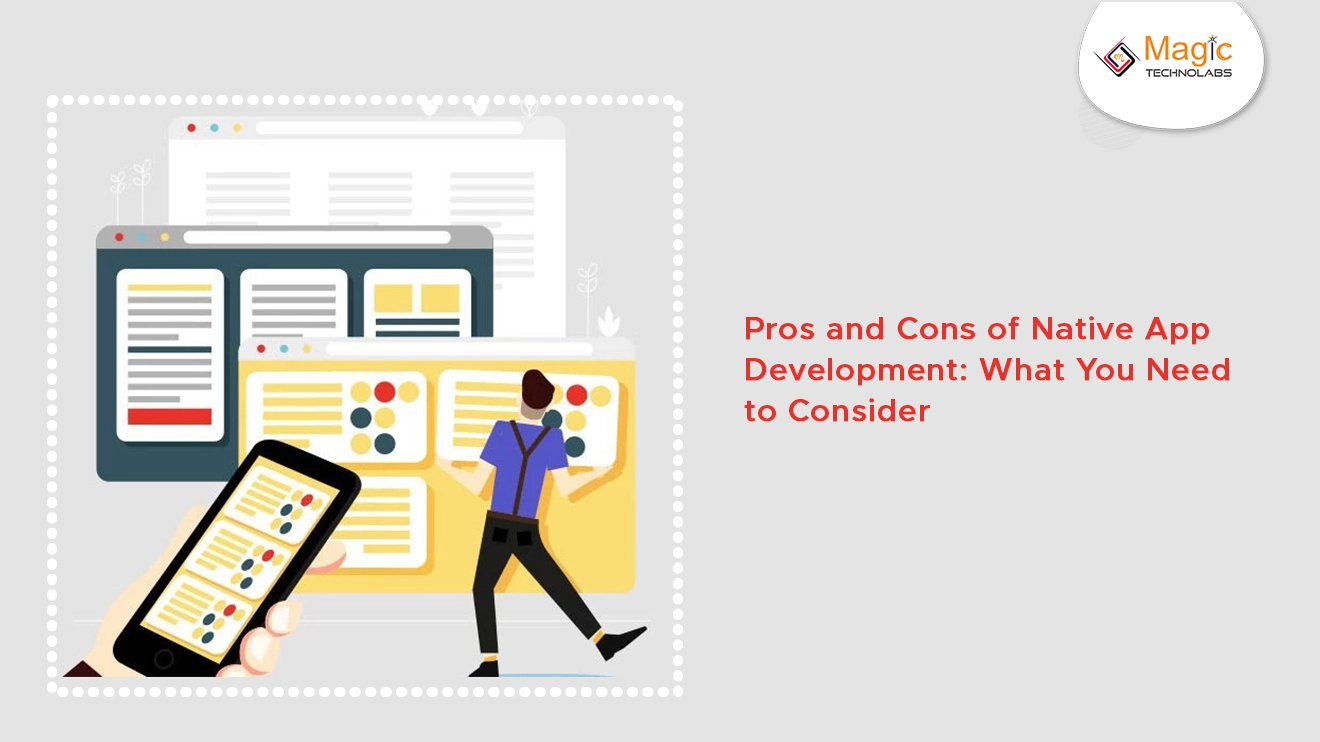Native app development offers a tailored experience but comes with its set of advantages and drawbacks. Understanding these factors is crucial for informed decision-making in your development endeavours.
Pros of Native App Development:
1. Optimal Performance:
Native apps are designed for specific platforms, utilizing platform-specific APIs and features. These results in superior performance compared to cross-platform alternatives, ensuring a seamless user experience.
2. Access to Device Features:
Native development grants direct access to device features and APIs, allowing developers to harness the full potential of the hardware. This leads to enhanced functionality and the ability to create feature-rich applications.
3. Better User Experience:
Native apps seamlessly integrate with the platform's design principles, providing a more intuitive and native feel. This adherence to platform guidelines enhances user experience and promotes user engagement.
4. Offline Functionality:
Native apps often offer robust offline functionality. Users can access certain features and content without an active internet connection, contributing to a more reliable and versatile application.
Cons of Native App Development:
1. Development Time and Cost:
Creating native apps for multiple platforms requires separate development processes, increasing both time and cost. This can be a significant drawback, especially for businesses with budget constraints or tight deadlines.
2. Skillset Requirements:
Developing native apps demands expertise in platform-specific languages (Swift for iOS, Kotlin/Java for Android). Maintaining a team with diverse skill sets might be challenging and resource-intensive.
3. Approval Processes:
Submitting native apps to app stores involves approval processes, adding a layer of complexity and potential delays. Adhering to each platform's guidelines is crucial, and any deviation can result in rejection.
4. Updates and Maintenance:
Maintaining and updating native apps across multiple platforms requires additional effort. Each platform demands separate updates, making it essential to allocate resources for ongoing maintenance.
In conclusion, while native app development ensures top-notch performance and user experience, it comes with trade-offs. Carefully weighing the pros and cons based on your project's requirements and constraints is crucial for making the right choice in the ever-evolving landscape of mobile app development.
















